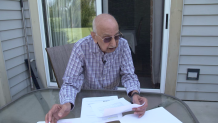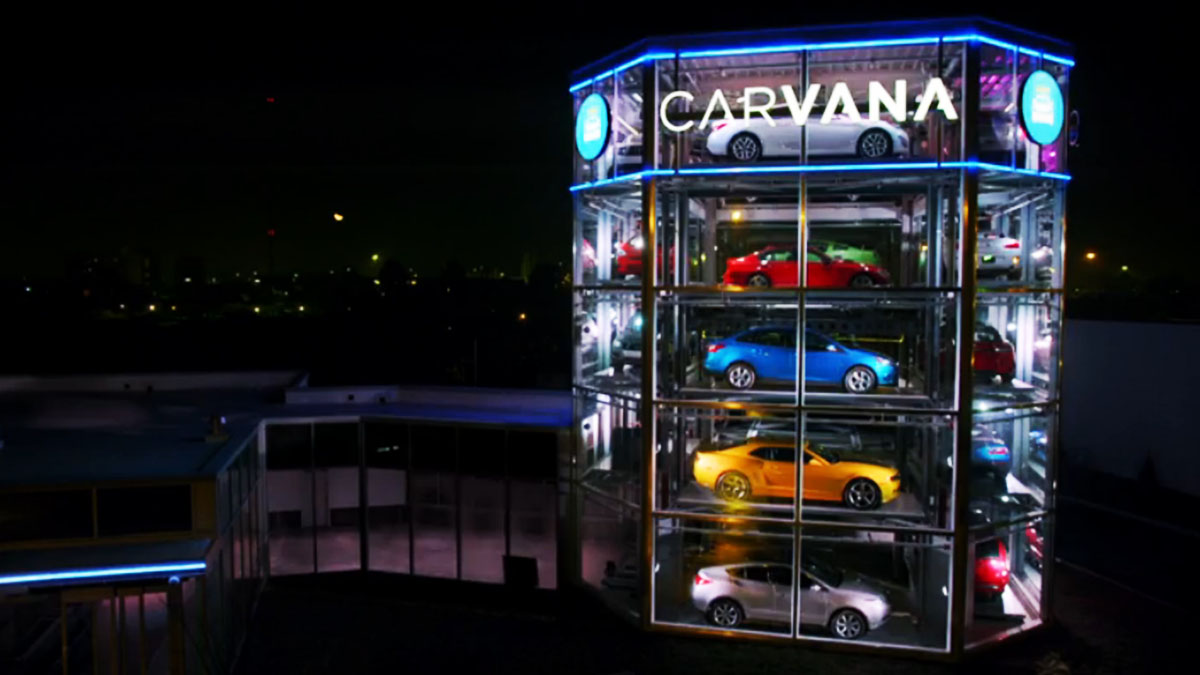For more than a year, Glendale Heights landlord Gope Thadani insisted that the state of Illinois had made a huge mistake when he was denied thousands of dollars in emergency rental assistance.
That money was earmarked by lawmakers for people just like him, but state officials denied his application in part based on a conclusion that he had already received prior assistance, a fact that the man vehemently denied.
Despite Thadani and his family’s repeated calls and emails to state housing officials pleading for help, he said he couldn’t convince anyone to take a closer look at his situation.
It turns out Thadani was right all along.
NBC 5 Responds discovered an "unusual" computer error within the state’s systems that resulted in his denial of more than $6,000 in pandemic aid that he had applied and was eligible for.
State officials insist that his case was an anomaly, and that there is “no evidence of a pattern” of other households that were impacted.
For Thadani, who said his calls were ignored by state officials for 11 months, he remains unconvinced and is fearful that other applicants may have been denied emergency assistance dollars they were depending on, just like him.
"I don't believe that I'm the only one unfortunate person," Thadani told NBC 5.
‘There must be a mistake’
The situation for Thadani, 74, started with the Hanover Park home that he’s rented out for many years without a hitch.
Feeling out of the loop? We'll catch you up on the Chicago news you need to know. Sign up for the weekly Chicago Catch-Up newsletter.
As a retiree, Thadani said the rental property provided him and his family additional income.
That is until the pandemic hit and upended everyone’s lives, including his tenant’s employment status.
“Everybody was having a tough time during that COVID period,” Thadani said. “It was hard for me because I'm on Social Security. This is just additional income for me. It was hard to pay all the bills and all.”
When Thadani's tenant lost their job and couldn’t make their rent payments for more than half a year, he said he was unsure of what to do next.
That’s when Thadani learned of the Illinois Rental Payment Program (ILRPP): hundreds of millions of dollars set aside by Congress and distributed by the state for tenants and landlords alike in this exact same scenario.
Within Illinois, the money was doled out through many agencies at every level of government, from local cities and counties to state-run programs.
The agency tasked with distributing the largest share of this pandemic aid is the Illinois Housing Development Authority (IHDA).
The ILRPP program promised straight-forward relief but that wasn’t the case for this landlord.
Gope applied for $17,700 in funding he believed he was eligible for through the ILRPP in May 2021.
Four months later, after his application was granted, officials with IHDA told him he would receive a little more than half of what he applied for, a shortfall of $6,400.
The reason why, Thadani said, was because the state claimed he had already received rental assistance funding.
“I thought maybe there was some mistake or something,” Thadani said. “So I called them and they said no, you have received a check.”
Thadani knew there had been a mistake and that he hadn’t received any assistance to-date, but staff at IHDA would not explain to him how the agency had arrived at that conclusion.
“I said, ‘I haven’t received any payments. Can you give me the details? When was this payment? Who received it? Who cashed the check?’” Thadani recounted to NBC 5. “They couldn’t answer anything.”

The mistake carried a great deal of uncertainty for him and his family.
For seven months, his family’s appeals by email and over the phone were denied. At one point, Thadani said, officials at IHDA even discouraged him from calling again.
“I called so many times and they kept telling me, ‘Nothing is going to change. That’s it,’” Thadani said.
That’s when Thadani contacted NBC 5 Responds this past May, a year after he first applied for assistance.
And after sharing the details of Thadani's situation, IHDA representatives shared with NBC 5 a much different explanation as to what happened.
‘It is so unusual that this happened'
Within a couple days of NBC 5 contacting IHDA about the Thadani family’s rental assistance application, officials there promised an investigation that would yield results.
Those results were a surprise: IHDA acknowledged that its systems had “erroneously identified” Thadani as receiving rental assistance, when in fact, he never had.
“When we investigated this file, we discovered the [Duplication of Benefits] database erroneously identified this address had received prior rental assistance,” said Amy Lee, a spokesperson for IHDA. “Based on this information, we reduced the grant amount to ensure the household was not receiving double payments.”
Lee explained that when a person applies for rental assistance from the ILRPP, IHDA staff members check a “Duplication of Benefits (DOB)” database to see whether the address of that applicant comes up as already receiving rental assistance from another agency.
“This database check is required to ensure we and other government agencies do not provide overlapping assistance,” Lee explained.
A crucial step that in Thadani's case backfired.
The database check matched Thadani's address with someone else’s “very similar” address who had already received benefits.
Lee explained, “[Gope Thadani’s] address was very close to the address of another application that did receive funding, causing the system to pair the two applications’ data together.”
“Even with addresses on the same street, this should not happen, and the database ordinarily readily distinguishes between applications,” Lee said.
IHDA said the issue surrounding Thadani's application was “so unusual” that its team launched a “manual review to confirm how this error occurred and to make sure this is not happening for other applications.”
“It is so unusual that this happened in this instance,” Lee said, “Thus far, we have found no evidence of a pattern, and we will continue to do quality control to monitor for the issue going forward.”
As for Thadani, the state said on June 2 it would pay him the remaining balance of $6,400 he was eligible for.
Two months later, after yet another technical hitch, the check still hasn’t arrived, but IHDA told NBC 5 it has been cut and was mailed on Aug. 5.
In the meantime, Thadani hopes that state officials will pay closer attention to any applicants who raise concerns or complaints over denied payments.
If someone at IHDA had taken the time to hear his family’s pleas, Thadani said the issue could have been resolved nearly a year ago.
“That's not the right way to talk to people,” Thadani said. “This is government help. This is a government program. And these people should be held properly.”
For a list of pandemic-related rental assistance resources, click here.



